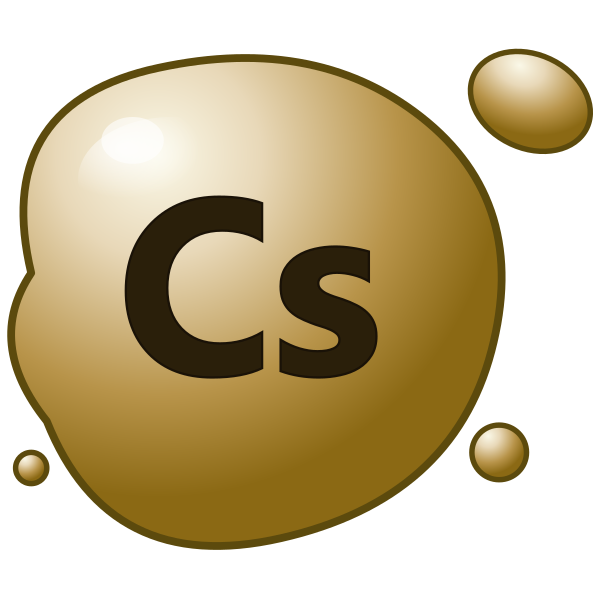Comments
Cesium supports three types of comments:
// Single-line comment
/*
Multi-line comment
*/
/**
* Documentation comment for functions
* @param x The input parameter
* @return The computed result
*/
i32 = documented_function(i32 x) {
// implementation
}Keywords
Cesium reserves the following keywords:
Core Types: file, str, list, dict, slice, struct, path, uword
Language Constructs: alias, catch, as, return, comptime, generic, sizeof, typeof, asm, void, enum, error, null, union
Control Flow: if, while, for, else, do, with, defer, break, continue, switch, case, fallthrough, throw
Function Qualifiers: operator, context, property, private, secret, static, destruct
Variable Qualifiers: const, static, private, secret, volatile, atomic, register, simd
C Interop: extern, export
OOP Constructs: trait, impl, type, this, super
Namespacing: std, namespace
Built-in Functions and Constants
Memory Management: alloc(), free(), realloc()
Debugging and I/O: printf(), debugf(), assert(), stdout, stdin, stderr
Mathematical: floor(), ceil(), trunc(), round(), trueround(), abs(), min(), max(), mean(), norm(), pi
Identifiers
Identifiers follow C-style rules: start with letter or underscore, followed by letters, digits, or underscores.
Valid identifiers:
variable_name_private_varClass2DMAX_SIZE
String Literals and Interpolation
Cesium supports multiple string literal formats:
str simple = "Hello, world!";
str interpolated = `Hello, {name}! You have {count} messages.`;
path file_path = path(`{home_dir}/config/settings.conf`);String Types
- Simple strings use double quotes and support escape sequences
- Interpolated strings use backticks and allow expression embedding with
{} - Path strings are a special type for filesystem paths with automatic normalization
 Cesium
Cesium